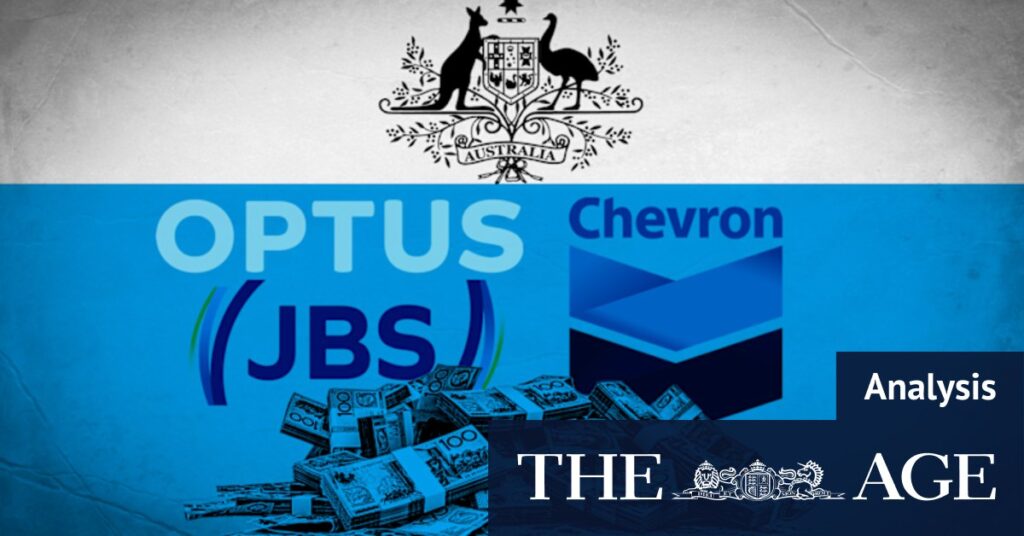
It has been a challenging period for Optus and its parent company, Singtel. The telecommunications giant faced significant backlash following the failure of the Triple Zero emergency network across Western Australia, South Australia, and the Northern Territory in mid-September. This was further compounded by a smaller outage near Wollongong shortly thereafter. Now, Singtel’s tax practices have come under the spotlight, reigniting debates about corporate tax systems in Australia.
The timing of the annual corporate tax transparency report could not have been worse for Singtel and its Australian subsidiary, Optus. Released on Thursday, the data revealed that Singtel generated $8.2 billion in income in the 2023-24 fiscal year but did not pay any income tax, continuing a trend that began in 2020-21. This revelation has raised questions about the fairness and effectiveness of the corporate tax system.
Understanding the Tax System
While the zero tax bill might seem alarming, it does not necessarily indicate wrongdoing. Companies may not pay taxes for legitimate reasons, such as not making a profit. In Optus’s case, the company reported a loss nearing $500 million for the period covered by the Australian Taxation Office’s (ATO) report. Losses can stem from various factors, including poor trading conditions, high interest payments on loans, unexpected expenditures, or cost overruns.
Another reason for not paying taxes is the use of legitimate deductions. Just as individuals claim expenses like uniforms or home office costs, large corporations can reduce taxable income through deductions. These can be substantial, particularly for resource companies that invest heavily in infrastructure. For instance, Chevron Australia Holdings, which spent billions on its LNG projects, initially paid no tax but saw its tax bill increase as development costs were absorbed.
The Broader Context
The corporate tax transparency report has been a subject of debate since its introduction by then-Treasurer Wayne Swan in 2013-14. Despite initial opposition from the business community, the report has provided valuable insights into corporate tax practices. This year’s figures highlight the success of Treasurer Jim Chalmers’ efforts to increase Petroleum Resource Rent Tax collections from the energy sector, with the number of entities paying this tax rising from 11 to 16.
The ATO maintains a close relationship with the country’s largest 100 companies to ensure compliance with tax obligations. According to the ATO, these firms meet up to 96% of their tax responsibilities, with the tax avoidance taskforce securing an additional $37.6 billion since 2016. However, ensuring fair tax contributions is an ongoing challenge.
Implications and Future Outlook
The emergence of JBS Global Meat Holdings, the world’s largest meat producer, as a top company paying no tax, serves as a warning to the ATO. Generating nearly $20 billion in sales without declaring taxable income raises concerns, especially given the company’s operations in Luxembourg, a known tax haven.
Meanwhile, tech giants like Apple and Microsoft continue to pay minimal taxes. Apple reported $12.4 billion in income but only $529 million in taxable income, resulting in $153.7 million in taxes. Similarly, Microsoft declared $8 billion in income, with taxable income of $538 million and taxes of $161.7 million.
As debates about corporate tax practices persist, the focus remains on ensuring that companies contribute their fair share. The ATO’s efforts to monitor and enforce compliance are crucial, but the complexities of international tax arrangements and deductions present ongoing challenges.
The scrutiny on Singtel and Optus underscores the need for transparency and accountability in corporate tax affairs. As the conversation continues, stakeholders will be watching closely to see how these issues are addressed in the coming years.







